You know how cool it is to travel to new places, right? Well, learning traveling phrasal verbs in English is super important because it helps you talk about your adventures and experiences in a more exciting and understandable way! Phrasal verbs are like special words that show actions and movements, and when it comes to traveling, they help describe what we do when we explore new cities or go on adventures.
Imagine you’re telling a story about a trip you took. If you say, “We set off early in the morning,” it means you started your journey early. Or if you say, “We ran into a friend from school,” it means you unexpectedly met your friend. Learning these phrasal verbs makes your travel tales more interesting and vivid! Plus, when you talk to people from different countries, using these phrases helps you communicate better and make new friends easily!
So, by learning traveling phrasal verbs like “set off,” “run into,” or “check in,” you’ll be able to share your amazing travel stories and understand others’ adventures too! It’s like unlocking a secret code that makes your travel experiences even more awesome and fun to talk about with everyone!
Learning English vocabulary is not possible without learning phrasal verbs. That is why in this lesson, we are going to learn 11 phrasal verbs for travelling that you can use when talking about trips and holidays. Make sure you also watch the video and download the PDF summary of this lesson! Now, let’s begin.
To see somebody off
“To see somebody off” means to go to an airport or a station to say goodbye to somebody who’s traveling.
Imagine your friend is going to immigrate. What would you do? If you’re a good friend and have spare time, you would see them off.
It means you would go to the airport with them and you say goodbye. Pay attention to this example:
- They have gone to the airport to see their son off.
It means the parents have gone to the airport and want to say goodbye to their son who is probably going to another country.
Here are some other examples:
- He’s got to see me off. I’m leaving in an hour and he hasn’t arrived yet!
- He came to see us off. He also bought some gifts for us!
To set off
“set off” is another way of saying to start or to begin a journey. For example:
- We will set off for Paris at night.
It means we will start our journey to Paris at night. Remember, this is how we use this travelling phrasal verb: set off + for + place. For example:
- Set off for Paris.
- Set off for New York.
Learn more: What are the problem solving phrases in English?
To get on (Bus, Plane, Train)
“Get on” means to enter a public means of transport. You can use this traveling phrasal verb for planes, trains, and buses. Such as the examples below:
- Get on the plane.
- Get on the train.
- Get on the bus.
For plane you can also say:
- To board the plane (= to get on the plane)
To get in (car, taxi)
For cars and taxis, we use “get in”. Look at this examples:
- Get in the car, we are late! Hurry up!
- I’m running late. I need to get in a taxi!
Learn more: Read the article about argument phrasal verbs in English
To take off
One of the meanings of “take off” is for the clothes, such as this sentence:
- It’s really hot. I have to take off this sweater.
But when “take off” is used to talk about traveling, it can be used for an airplane that is leaving the airport. Let’s see some examples:
- What time is the plane taking off?
- The plane is taking off at around midnight.
- It’s only an hour before the plane takes off.
To get off (plane, bus, train)
“To get off” means to exit or to go out. This traveling phrasal verb can be used for bus, plane, and train. Pay attention to these sentences:
- Get off the bus. This is your station!
- You’ll never get off this train alive!
- Get off the plane. We need to go to the baggage claim.
- We got off the plane at around 11.
To pick somebody up
“To pick somebody up” means to let somebody get into your car take them somewhere that they want to go. For example:
- The hotel shuttle will pick you up after you get off the plane.
It means the shuttle is waiting for you and will take you to the hotel when you arrive. Have a look at these examples:
- Pick me up at 7:30 in front of my apartment.
- Where are you now? Do you want me to come pick you up?
Read more
Understanding hotel vocabulary in English is essential for travelers, as it facilitates smooth communication with hotel staff, ensuring a comfortable and enjoyable stay. Being familiar with terms related to room types, amenities, facilities, and services allows travelers to make informed decisions when booking accommodations, effectively convey their preferences and needs during check-in, and understand instructions or recommendations provided by hotel personnel. Therefore, we have provided an article on our website that covers the most common hotel vocabulary in English. Read this article and try to memorize the terms when traveling.
To drop somebody off
“Drop somebody off” means to take somebody to a place and then leave them there. Look at these examples:
- The shuttle will drop us off exactly in front of the hotel.
- Could you drop me off at school?
- I’ll drop you off at work.
To check in at a hotel
“To check in at a hotel” means to give your identity documents to take the keys and to go to your room. For example:
- When you want to check in at a hotel, you need to show your ID card.
- I’ll check into the hotel and then I’ll give you a call.
To check out
“Check out” means to leave the hotel and put the keys back where they were to get your ID card. Pay attention to this example:
- The check-out was at 12 but we left at 11.
It means at 12 we had to give up the room, but we left one hour earlier.
To get away
“Get away” means to take a vacation and to leave everything behind. In other words, it means to leave your problems behind, and get away from them for a few days! Take a look at the sentences below:
- I’m very busy these days and I’m tired. I just want to get away for a few days.
- Christmas is ahead of us. I would love to get away for a few days.
- Maybe we get away this weekend. What do you think?
Now that you are familiar with these 11 traveling phrasal verbs, I want to use them all in a story:
Last Christmas I really wanted to get away for a few days. My girlfriend and I packed and got ready to set off for the beautiful city of Rome. We went to the airport and our parents saw us off. We got on the plane, the plane took off with two hours of delay, but we were excited. When we got off the plane, the hotel shuttle picked us up and after an hour of driving, dropped us off in front of the hotel. Then, we checked in and had five memorable days and nights in the magnificent city of Rome. Finally, we checked out and went to the airport to go back home.
You can take my online English course and learn about the other phrasal verbs in English. Take this course, improve your English level, and enjoy learning English with teacher Maddy!
I hope you’ve enjoyed this lesson and learned all the traveling phrasal verbs! Leave a reply and let me know what you think!

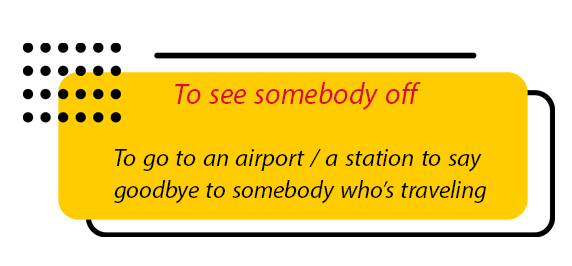

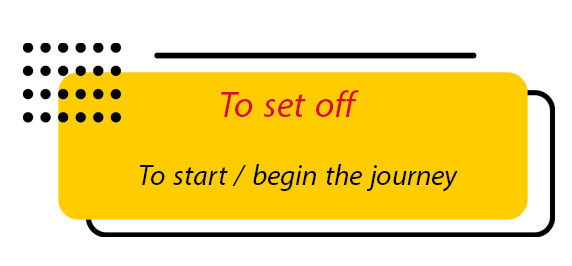

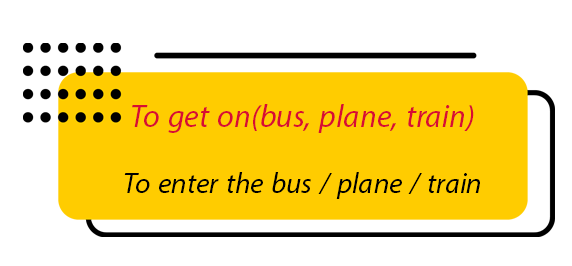

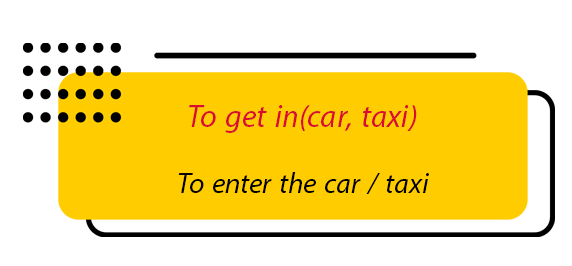

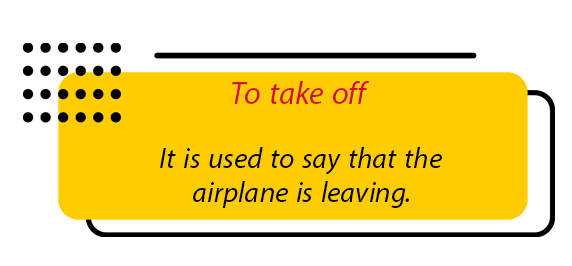

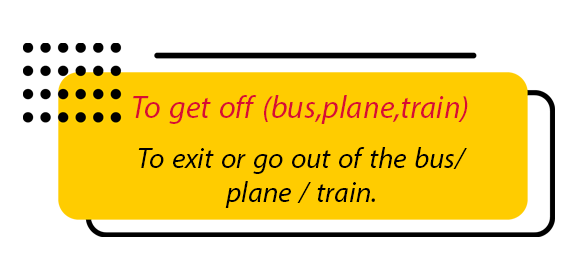

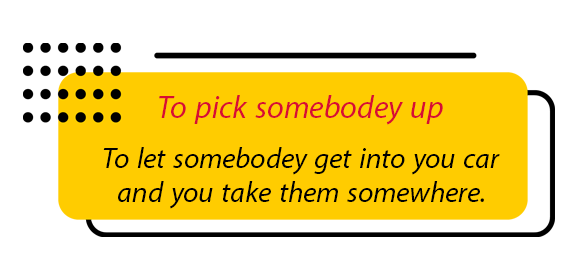

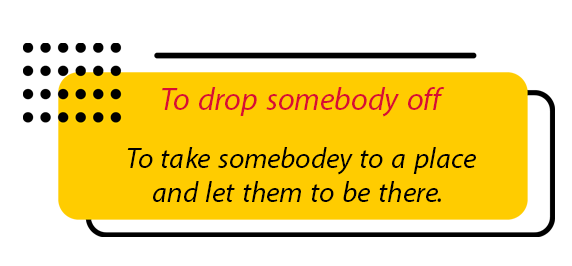

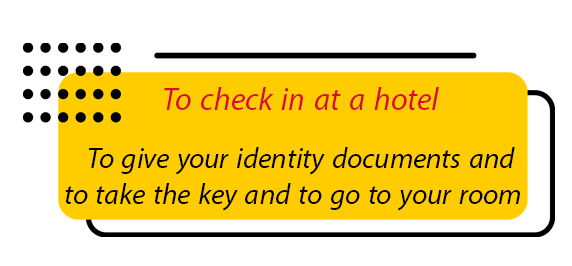

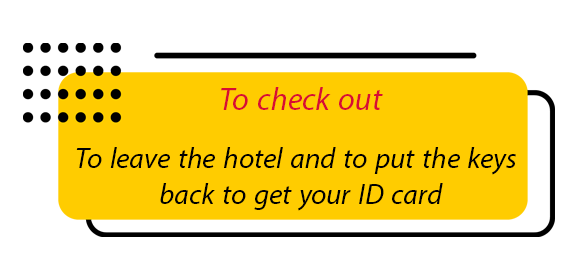

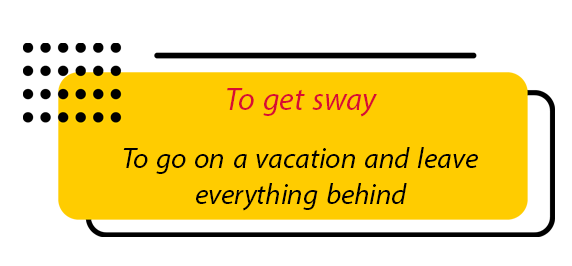






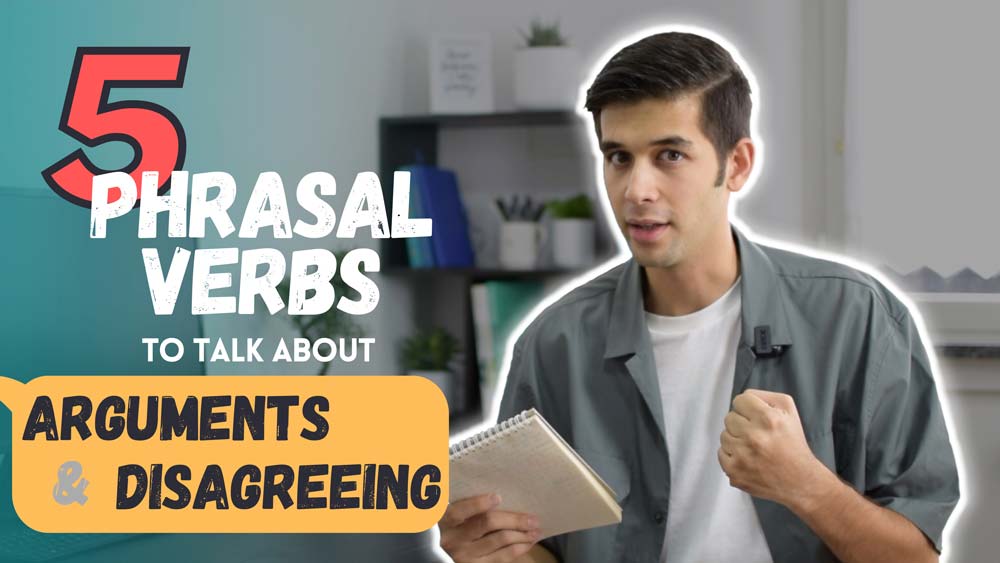

I’m really appreciate you for your lesson sir !!! Jah bless you
Thank you sir for providing this valuable phrasal verbs.
God bless you sir.
I appreciate your lessons. They are helpful and fun to learn.
I appreciate your learning style,sir! I want to speak English very well but still i can’t speak! What can i do? Please help me!!
Thank you so much sir. I love your videos. They are really helpful, and I am your new subscriber.
Thank you so much .I am grateful to you for giving me such a good lesson.
I learned a lot of words sir And thank you for your effort to do this video I really appreciated 💕💕💕
Thank you for your lessons.
I’m learning a lot with them
I’d like some day speak English very well and I sure you can help me
Thanks again
Thank you sir, for providing us this lesson very very interesting one much respect
This is just wonderful and interesting….
Thank you so much sir. I love your videos. They are really helpful, and I am your new subscriber from India.
I appreciate you really dear instructor you helped me alot of things though I can’t brief in here anyway I would like to obtain all your samrise pdf lessons if it’s possible actually you you’re diligent ,talented and inspired teacher I always wonder your fantastic and fabulous explanation
I appreciate you really dear instructor you helped me alot of things though I can’t brief in here anyway I would like to obtain all your samrise pdf lessons if it’s possible actually you you’re diligent ,talented and inspired teacher I always wonder your fantastic and fabulous explanation
Thank you for sharing of your lessons.l can’t enough thank you,Sir❤️
Thank you for your valuable videos . I like your style of lessons .
I have learned so many vocabularies, but I still feel blank when I speak English.
Thank you 🥰
Thank you very much sir 😊.
This phrase are important for me
And I would definitely like to learn.
Dear sir,
I have a good style of teaching us go ahead l’m your new subscriber from Rwanda. How may l get this lesson in pdf?
Thank you so much.
Everything is comprehensible. Thankyou Sir for helping us widen our knowledge in English language.
thank you so much for your kind effords
I’m very keen on your lesson and i understand ot very well
I appreciate your and your lesson.
You’re best 👌
Thank you so much, i really enjoy your videos. and my english is improving day by day.
I’m interested in your lesson because your lesson really good. So l always watch your video lesson.You always the best teacher for me
Good
I am am from Pakistan I am learning your tips are so good
I am from Pakistan I am learning English your tips are so good
Simply the best, listening to you is always a delight.
Your examples and reactions marked learning easier. Kudos.
Always a delight listening to your teachings.
You are doing a great job.
Kudos
Thank you for your kindness.
You are the best!Thank you!
Hi, It’s wonderful less. I like it so much. I would like to know this lassn has a quiz???
Thank you for your video. You are the great English teacher I have known. I am looking to registering for your class soon.
Impressive and clear, thank you teacher Maddy!
Please I love your English
Good lesson. Thanks and hope you will do the same with other phrasal verbs.
I subscribed to your advanced course.
Best regards
Really very brief explanation. Thanks sir
It was a super-interesting lesson.I was just delineating all the events practically related to those phrasal verbs while reading them.How mind-blowing the lesson was!
It’s interesting and I can confidentially say that I have learnt it quickly
Thank you so much 🥰
Your lessons are always very clear and fun.
You’re the best. Thanks
I want to speak English voluntary
great teacher and great video
Mr.Maddy Teacher. I am very satisfied with your course. Unfortunately I am not able to freely navigate your site. Hopefully with time I will be able to login more fast and ‘travel ‘ through site more easily. I am pretty old and these things are quit difficult for me.